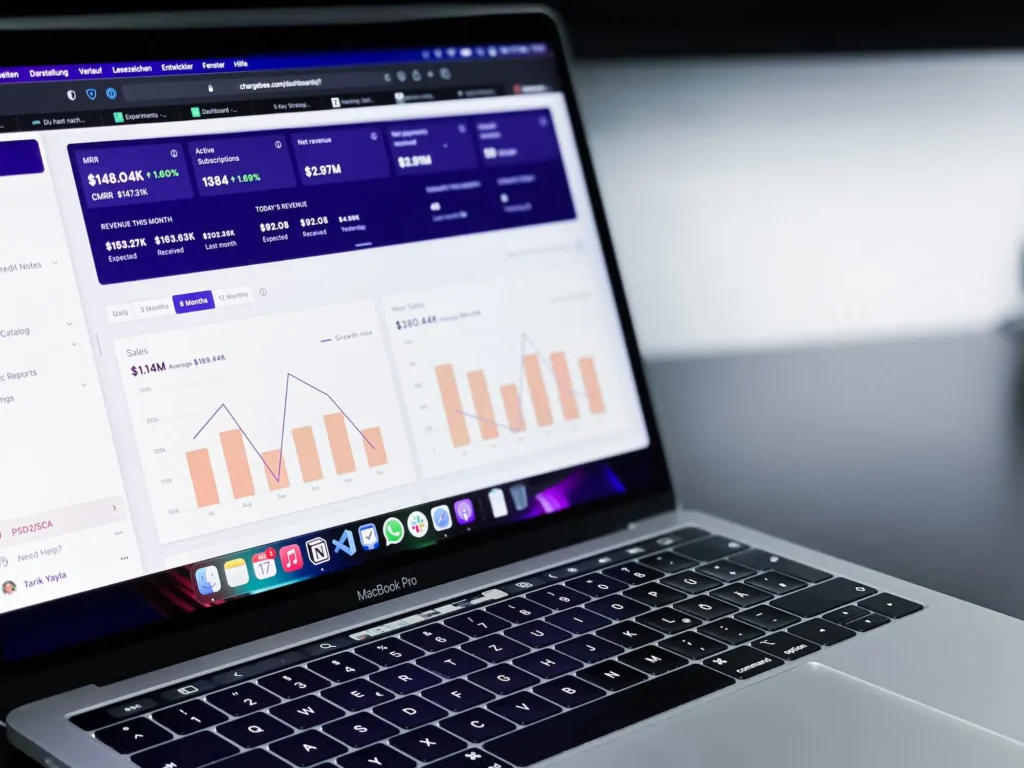Summary
- Making decisions informed by accurate data and data analytics helps companies avoid bad business outcomes.
- The retail space is advancing and retail data analytics is necessary for businesses not to fall behind.
- Leveraging accurate data and AI analytics allows retailers to improve operational efficiency, enhance customer satisfaction and drive profitability.
- Learn how brands, such as Boston Proper and PUMA, are finding success by using data analytics for retail through EDITED’s software.
- Integrating data analytics into your everyday decisions will allow you to make data-backed choices and better understand your customers.
Effect of Making Decisions Without Data
We have all seen the flops, the missteps and the failures that come as a result of making decisions without data– huge companies have made terrible business moves simply because they relied on instinct rather than data analytics:
Blockbuster CEO declines to purchase Netflix.
Imagine how proper data analysis might have changed this situation. What if Blockbuster had used customer-centric data before making this choice? Perhaps, if Blockbuster had run an evaluation of projected market trends, it just might have been part of the next big thing in TV. Instead, the company acted on impulse and ended up going under.
While not a softline retailer, Blockbuster serves as a warning to all companies on the importance of data-driven decision making.
What Does Leveraging Data Analytics for Retail Actually Look Like?
Today, we have access to more data than ever before, and successful companies increasingly rely on data to draw accurate insights and make better decisions that drive value for the company and its customers.
Data may look like just a bunch of numbers on a page, but these numbers tell a story, and it is crucial for businesses who want to keep up in a customer-centric retail world to listen. Ask yourself:
- 1. Does your data provide a holistic perspective of historical, up-to-the-day and projected trends?
- 2. Are you looking at your own data in the context of what’s happening in the market?
- 3. Beyond the facts, does your data uncover “why”?
- 4. Can you take actionable steps from your data to drive results?
If not, AI-driven guided analytics will help. Leveraging accurate data and AI analytics allows retailers to react to real-time competitive intelligence with automated product sorting, pricing, replenishment and targeted campaigns; drive sales and improve margins; and maximize commercial potential and profitability in the competitive retail landscape.
How Data Analytics for Retail Helps Companies Like Yours
When data analytics are used correctly, businesses thrive. Consider Boston Proper: BP utilizes EDITED’s Merchandising Experience Platform to understand its target audience, anticipate its needs and optimize pricing and promotions accordingly. With access to comprehensive data regarding customer insights and comparative pricing and product data, Boston Proper is effectively able to create accurate product collections for its target customer, run promotions in line with the competition, and ultimately, drive customer conversion.
Similarly, PUMA has successfully utilized EDITED’s software to track pricing data amidst inflation in the current economic climate. Without access to this real-time and historical data, as well as data analysis from competitors in its market, PUMA may have missed an opportunity to successfully raise prices on the correct products to remain competitive and drive sales.
Key Takeaways and Where To Go From Here
Data-driven decision making provides companies valuable insights that drive success. By utilizing enterprise and market data, companies can make informed decisions around stocking, pricing and strategy, thus, creating a more sustainable business model. At a time when all of this data is right at a company’s fingertips, it is in a retail company’s best interest to utilize and analyze this data accurately to gain visibility in the market and accurately plan assortments, set pricing, run promotions and optimize digital strategies.
Learn more about how successful retailers are integrating data analytics through EDITED and see our step-by-step guide here.




